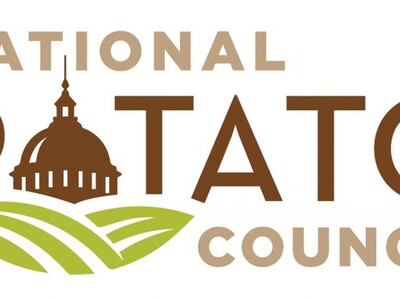Expanding Chickpea Acres

Tim Hammerich
News Reporter
There’s a lot of reasons to consider planting a rotational crop like chickpeas: it’s a legume that can provide a delicious plant-based protein to food manufacturers and consumers. Kathryn Cook co-founded NuCicer with her father to bring better genetics to chickpea growers with the vision of drastically expanding acreage.
Cook… “Our vision is actually to add 10 million acres of chickpea production and really make chickpea the rotation crop of choice. And that's where we see value, right? When you start rotating with some of your cereal crops. You're bringing nitrogen back into the soils. You're removing the need for nitrogen fertilizers. And, as we're creating the economic value in chickpea, it's creating a cash crop as rotation for the grower, not just, you know, I'm going to toss a nitrogen-fixing crop here because it's good for the environment. It's good for the environment and it's good for their, their profit and loss for their financials at the grower level.”
Beyond the protein and flavor, Cook believes a big selling point for chickpeas is their high fiber content
Cook… “We see fiber as a really important component of chickpea that can have value. And by blending that in with wheat, with corn, with rice, we can create a market for the growers to sell into, and we can create a more nutritious supply chain and food system for consumers.”
NuCicer is hoping to scale 5X over the next year and is actively looking for partners.












